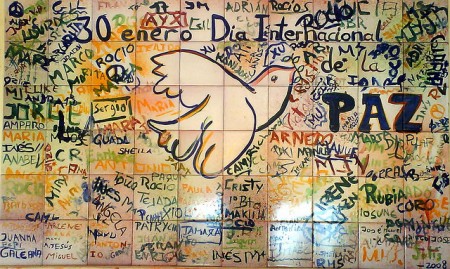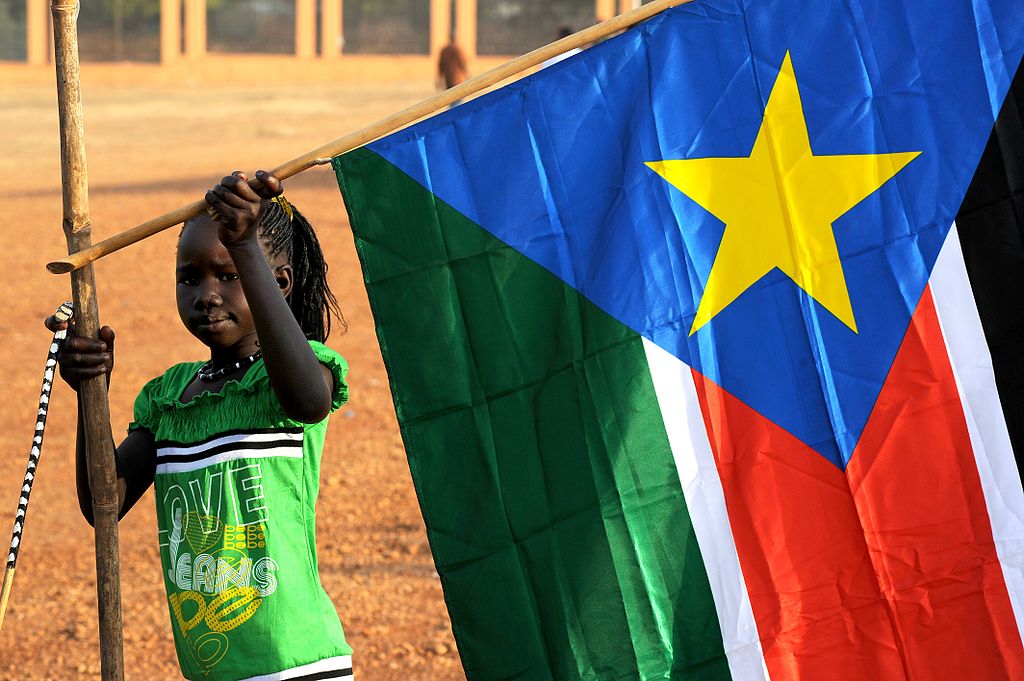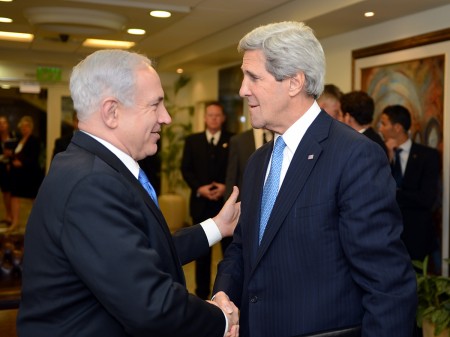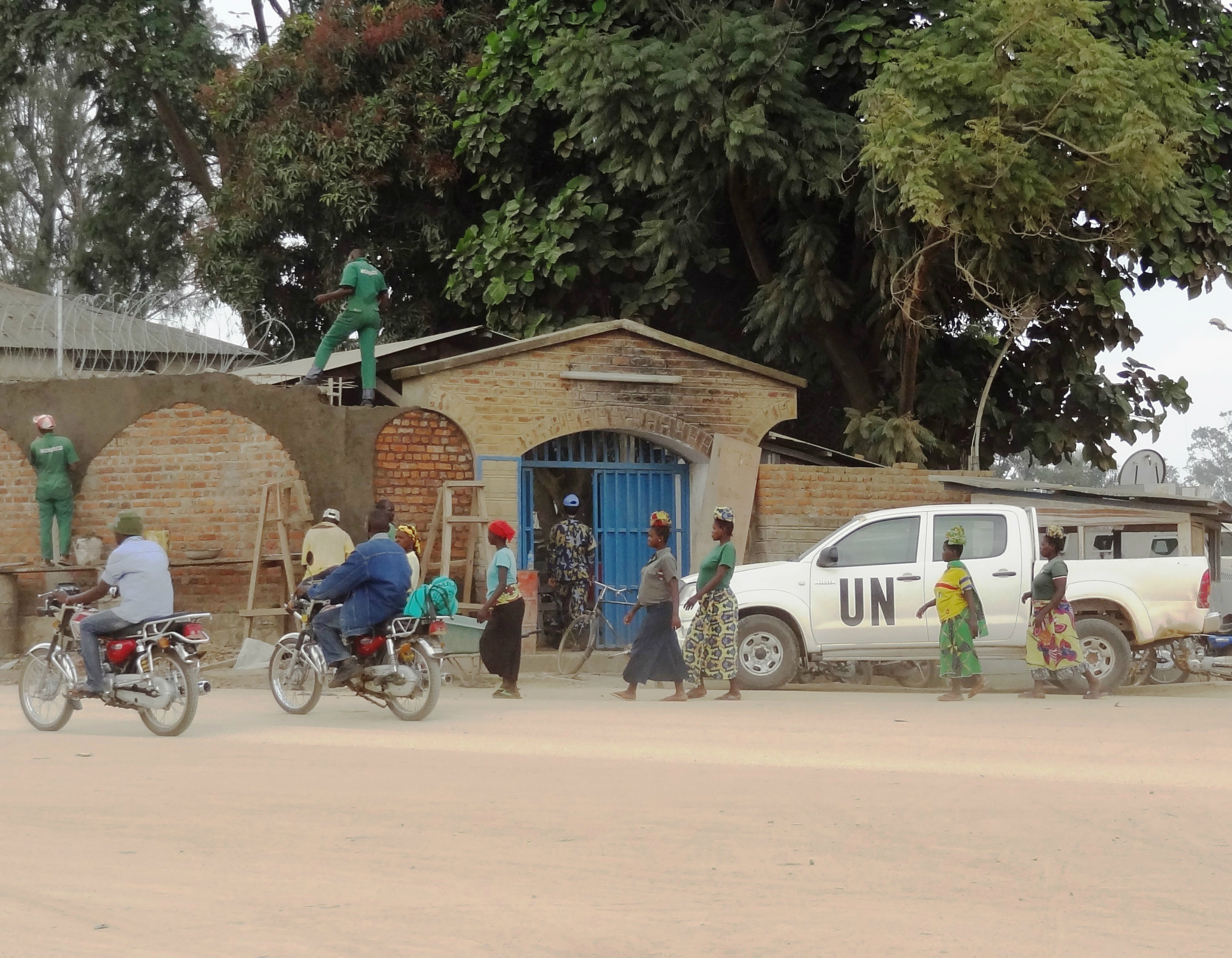
This article was originally published by IPI Global Observatory on 12 January 2016.
Despite an increased spotlight on the disconnection between international peacebuilders and the communities in which they work, the situation does not appear to have improved dramatically in the past year, according to Séverine Autesserre, Associate Professor of Political Science at Columbia University’s Barnard College.
Dr. Autesserre, whose 2014 book Peaceland is credited with bringing the problem to wider attention, said there may have been a change in discourse, but not in practice.
A major issue is that many people and organizations think that they are the rare exceptions to the rule, she said in a conversation with International Peace Institute Policy Analyst Margaret Williams.
“People may agree with the analysis and the need for change, but they may feel it is only for other people,” she said. “That may be why we haven’t seen so many changes in the past year.”
She said policymakers, practitioners, peacebuilders, local authorities, local populations and others have at least shown a greater interest in the exceptions, and these could be highlighted as models for reform.




